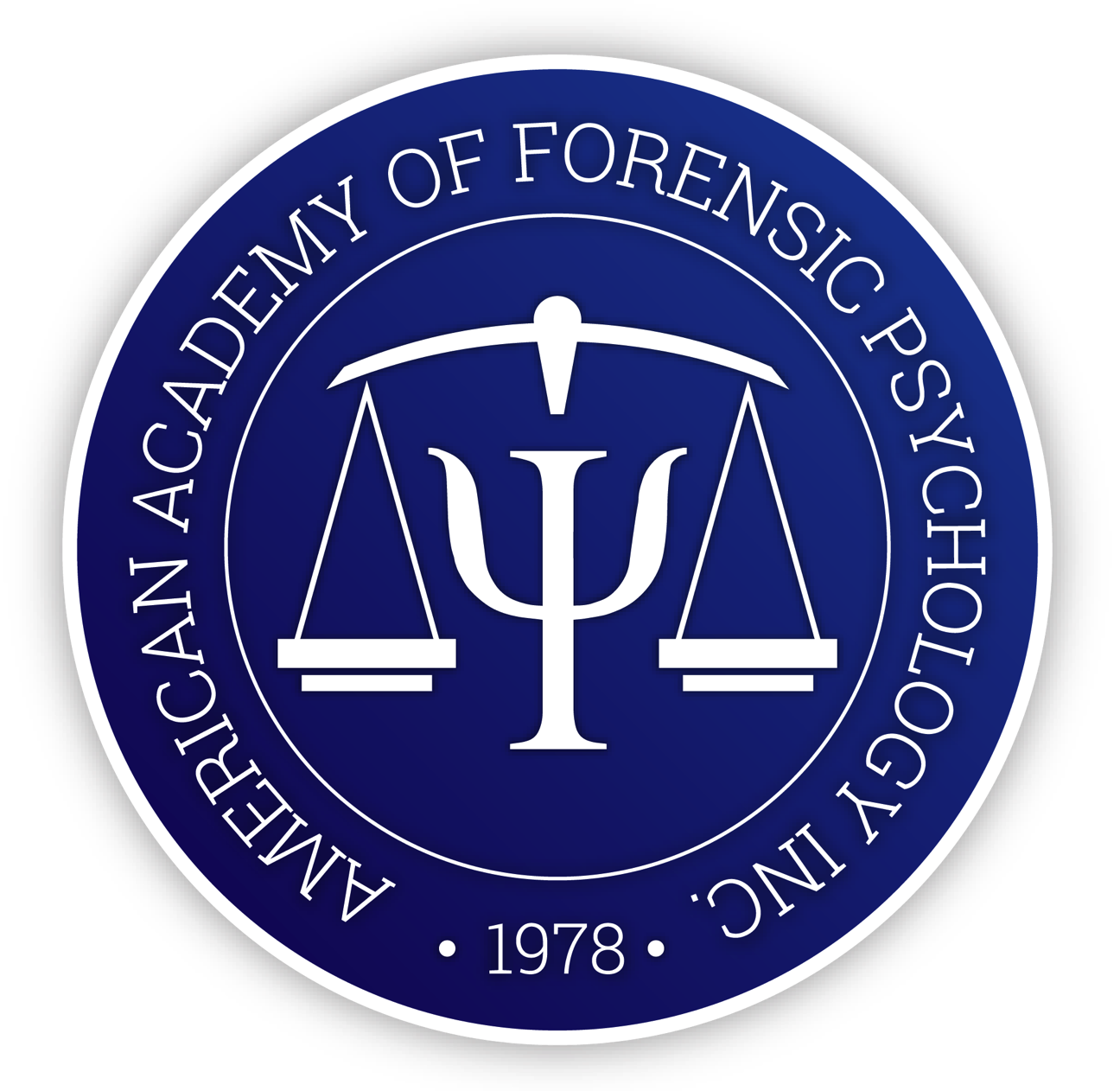4 Hours | 4 CEs
This on-demand professional training program on the Supervision of Forensic Psychological Evaluations is presented by Amanda Conn, PsyD, and A.J McConnell, PsyD, in partnership with the American Academy of Forensic Psychology (AAFP).
Supervision is an essential task for psychologists to ensure that professional standards of practice are maintained in forensic settings. Most forensic psychologists have not received formal training in supervision and instead rely on personal experience to help guide them as supervisors. This creates a risk for both a supervisor and supervisee striving to complete forensic psychological evaluations in an ethical, safe, and effective manner.
This program highlights the need for a conceptual foundation on evidence-based models of supervision along with practical guidance to help supervisors build competency in this important area of practice. Special attention is given to meeting the ethical and legal requirements of supervision.
This program is ideal for forensic psychologists at all career levels responsible for supervising practicum students, predoctoral interns, post-doctoral fellows, and others. Supervisees may benefit from this program as it may help them navigate their training experiences and prepare them for a future role as a supervisor.
The program outline includes:
- What is supervision?
- Administrative/legal requirements
- Competencies to be a forensic supervisor
- Supervision models
- Benefits of good supervision (e.g., improvements in reports)
- Choosing the right supervisee (i.e., interviewing tips)
- What makes supervision successful?
- Types of supervision/supervision methods
- Ethical concerns/issues (including vignettes)
- Barriers to effective supervision and how to resolve / specific barriers in forensic supervision (e.g., lack of time)
- Supervision from a trainee’s perspective

Intended Audience
This on-demand professional training program is intended for mental health and other allied professionals

Experience Level
This on-demand professional training program is appropriate for beginner, intermediate, and advanced level clinicians.

CE / CPD Credit
APA, ASWB, CPA, NBCC Click here for state and other regional board approvals.
Learning Objectives
Upon completion of this program you will be able to:

Describe the effectiveness of supervision models that will help enhance the training and provision of services by supervisees

Identify administrative and legal requirements for providing supervision in a forensic setting

Describe the types of supervision methods used to help supervisees conduct forensic evaluations and write comprehensive reports

Describe common ethical dilemmas and strategies to resolve barriers to effective supervision

Curriculum
1. Introduction
2. Top 5 Activities at Work
3. Poll Question
4. Poll Question Results
5. Supervision Overview
6. Ethics
7. Activity Introduction
8. Activity Session
Develop a Specialty Area of Practice
Transforming mental health professionals into experts
Expert Instructors
Professional training developed and delivered by the field's leading experts

CE Credit
Earn CE credit for meaningful professional training that will elevate your practice
Convenience & Flexibility
Learn at your own pace, from wherever you might be!
Program Partner
American Academy of Forensic Psychology (AAFP)
We are proud to partner with the American Academy of Forensic Psychology (AAFP) for this training. AAFP is a non-profit organization of board-certified forensic psychologists whose mission is to contribute to the development and maintenance of forensic psychology as a specialized field of study, research, and practice. The Academy does this by providing high-quality continuing education workshops, providing a forum for the exchange of scientific information among its members, and conferring awards upon outstanding students and practitioners in the field of forensic psychology.

CE Sponsorship Information
Palo Alto University, Continuing and Professional Studies (CONCEPT) is approved by the American Psychological Association to sponsor continuing education for psychologists. Palo Alto University, Continuing and Professional Studies (CONCEPT) maintains responsibility for this program and its content. Palo Alto University, Continuing and Professional Studies (CONCEPT) is approved by the Canadian Psychological Association to offer continuing education for psychologists. Palo Alto University, Continuing and Professional Studies (CONCEPT), SW CPE is recognized by the New York State Education Department’s State Board for Social Work as an approved provider of continuing education for licensed social workers #SW-0356 and the New York State Education Department’s State Board for Mental Health Practitioners as an approved provider of continuing education for licensed mental health counselors. #MHC-0073. Palo Alto University, Continuing and Professional Studies (CONCEPT) has been approved by NBCC as an Approved Continuing Education Provider, ACEP No. 6811. Programs that do not qualify for NBCC credit are clearly identified. CONCEPT Professional Training, #1480, is approved to offer social work continuing education by the Association of Social Work Boards (ASWB) Approved Continuing Education (ACE) program. Organizations, not individual courses, are approved as ACE providers. State and provincial regulatory boards have the final authority to determine whether an individual course may be accepted for continuing education credit. CONCEPT Professional Training maintains responsibility for this course. ACE provider approval period: 11/22/23-11/22/26. Social workers completing this course receive (clinical or social work ethics) continuing education credits.


